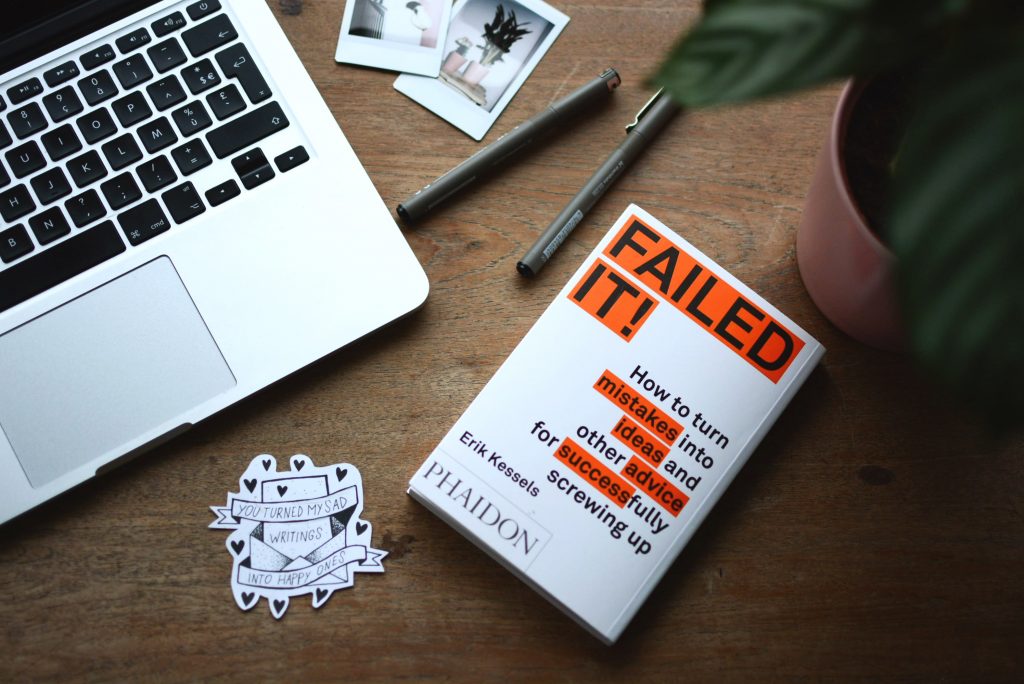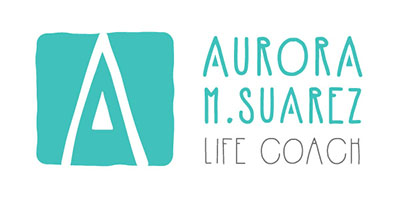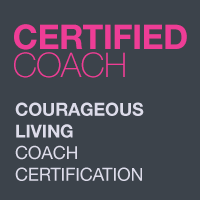
Are there even any gifts to failure?
When no one signs up for your offering, when your boss berates you for not achieving your targets in front of your fellow managers, when you don’t pass a professional exam, when the pregnancy test comes out negative yet again, when your proposal is rejected, when you don’t get hired after reaching the final interview round, when you lose money on a bad investment, well, failure just sucks.
It is disappointing, discouraging, shameful and even soul-crushing.
Failure dashes your expectations of what could be. But the worst is when it dashes your idea about who you are.
More painful than the humiliation is the implication that you’re not as good as you thought you were, that you’re not good at all. Period.
My first reaction to failure is defensiveness. It’s someone else’s fault, not mine. I deflect the discomfort of failure through comparison—what another person did was so much worse. Next comes beating myself up. My inner critic is loud: See, you can’t do anything properly. This is why success and happiness will always elude you—and you will be miserable and poor and alone all your life. (My inner critic is BRUTAL!)
But as I continue to embrace the idea of living with more love, intention and compassion, I have discovered more helpful tools to deal with failure:
1. Acknowledging and feeling my disappointment
I write about it in my journal, describing how I feel and what I have lost because I failed. I even allow my inner critic to speak up on the page, knowing that that’s the only way it can loosen its hold on me and keep me feeling stuck and unable to move forward. I also point out where my inner critic isn’t exactly telling me the truth.
But beyond journaling, it also helps when I talk it over with someone who listens to and supports me.
This is a more efficient and nurturing way of moving past failure—compared to the childishness of defensiveness and self-blame.
2. Remembering that this failure doesn’t define who I am and what’s still possible for me. (I repeat the mantra: it’s just a bad day, not a bad life.)
3. Reframing failure as a data gathering tool. Now I know what didn’t work and what I can do better next time.
4. Realizing that failure has its gifts
The first is humility which is one of the hardest lessons to learn, especially if my idea of myself is an achiever or heck, even results-oriented. (To be fair, I did get results, not just the results I wanted.) But I need humility to try new things. I need humility to meet the world with curiosity and courage. I need humility to relate to others.
Failure also tells me: not this path, not this way, not for you, not yet. (And with enough time and perspective, I can see these truths.)
Failure’s ultimate gift is to protect me from what’s not meant for me…because there’s something better waiting or because there’s something I need to learn that’s necessary for my growth and evolution.
Yes, failure still sucks. But my hope is that these tools will guide you to move past discouragement and shame into a mindset of trying over and over, keeping your heart open and using your creativity to figure things out.







